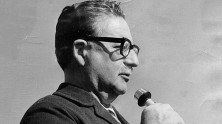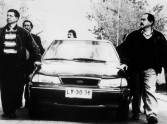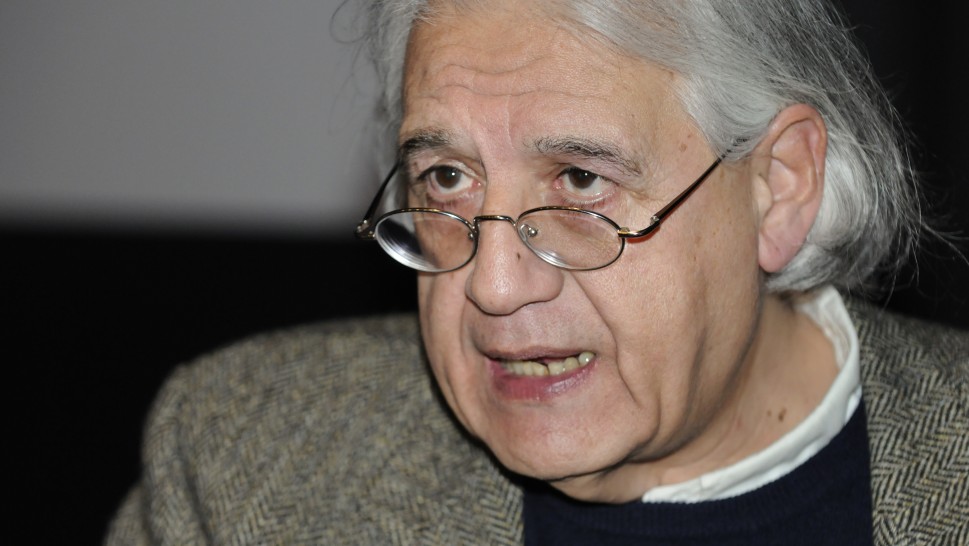
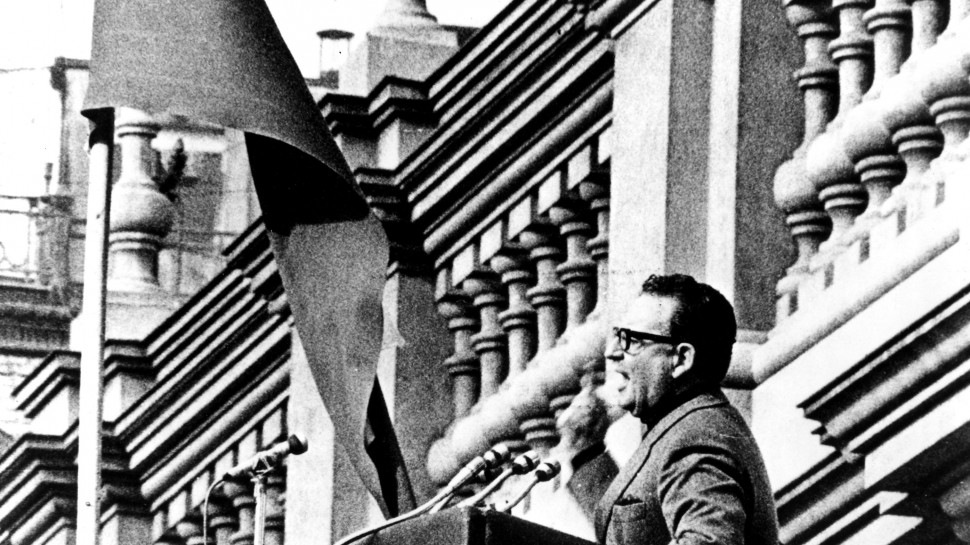

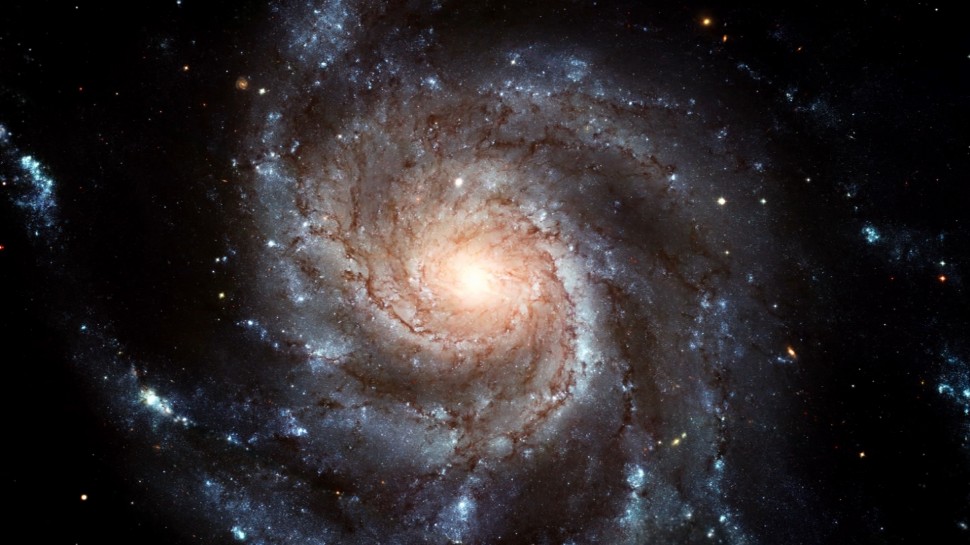
History, Memory, Cinema.
The Documentary Vision of Patricio Guzmán
Few filmmakers have understood the tremendous potential of cinema to shape historical consciousness as perspicaciously and courageously as Chilean documentarian Patricio Guzmán (b. 1941). In his first major work, The Battle of Chile, Guzmán discovered what would become the urgent central subject of his filmmaking over the next forty years - the fleeting victory and tragic 1973 overthrow of Chilean President Salvador Allende, the world’s first democratically elected Socialist leader. By keeping alive the images and memory of Allende’s tragically foreshortened rule, Guzmán offered The Battle of Chile as a vital aide-memoireand a stubbornly contradictory thorn in the side of the Pinochet dictatorship. The urtext of Guzmán’s prolific career, The Battle of Chile is also the first of his works to explore the documentary film as a vital form of collective memory that refuses the selective amnesia guiding “official“ histories and shaping the memory of its individual survivors. Important for more than simply its searing, unforgettable imagery of a nation being torn asunder, The Battle of Chile is equally distinguished by its structural and rhetorical complexities - and especially by its triptych form that returns repeatedly, each time from a different perspective, to the events that culminated with such terrible consequence on September 11, 1973. In subsequent major works such as Salvador Allende and his late masterpiece Chile, Obstinate Memory, Guzmán skillfully expands, and even problematizes, the idea of the documentary as a means to recover the past- and in particular the lost word of Allende’s brief reign and the years of repressive dictatorship which followed. Carefully balancing interviews, with victims and survivors of the coup d’état and repressive Pinochet regime, and charged visits to contested sites scorched by Chile’s violent past, Salvador Allende and Chile, Obstinate Memory are united by Guzmán’s fascination with the fragility of collective memory and with History’s tendency to erase as much as it remembers. With his latest film, Nostalgia for the Light, Guzmán’s restless probing of the past attains an even greater philosophical and poetic depth, driven now by a search for some sort of cosmic order able to provide a broader, more patient understanding of mankind’s legacy of imperious folly. The subject of History’s strange, unpredictable course is equally at stake in ambitious yet lesser known films such as A Village Fading Away and The Southern Cross in which Guzmán embraces radical historiographic approaches to explore the contradictory socio-cultural, and religious traditions interwoven across Latin America.
The Harvard Film Archive is proud to welcome Patricio Guzmán for a rare visit and opportunity to discuss his path-breaking career. We are also pleased to welcome Guzmán’s long-time collaborator, producer Renate Sachse, as well as the celebrated Latin American film historian, Jorge Ruffinelli, one of the foremost authorities on Guzmán’s cinema. – Haden Guest
